Sami Frasheri (1850-1904), known as Şemseddin Sami Frashëri, was an emblematic figure in the Albanian National Awakening and a renowned intellectual of the late Ottoman Empire era. A polymath with a wide-ranging influence, Frasheri’s contributions spanned literature, philosophy, linguistics, and political thought. He was not only a founding father of modern Albanian literature but also an advocate for the Albanian cause and identity, at a time when the concept of national consciousness was burgeoning across the Balkans. Educated in Istanbul, Frasheri’s intellectual pursuits led him to embrace the ideas of enlightenment and nationalism. He was a prolific writer, penning works in several languages including Albanian, Turkish, and Persian. His literary oeuvre includes dramas, encyclopedias, and the first comprehensive dictionary of the Albanian language, which laid the groundwork for modern Albanian lexicography. Perhaps his most influential work is “Shqipëria – Ç’ka qenë, ç’është e ç’do të bëhetë?” (Albania – What it was, what it is, and what it will be?), an impassioned plea for Albanian independence and a blueprint for the nation’s cultural and political resurgence. Through this and other writings, Frasheri sought to awaken a sense of national identity among Albanians, advocating for education, social reform, and autonomy within the Ottoman Empire. Beyond his literary achievements, Frasheri was instrumental in the early movements for Albanian independence. His vision extended to the realms of social and educational reform, with an emphasis on the use of the Albanian language in education and governance. His efforts were foundational to the development of a unified Albanian national consciousness and the subsequent establishment of Albania as a sovereign state. Sami Frasheri’s legacy is enduring, remembered not just for his literary contributions but for his role in shaping the Albanian national identity. He stands as a bridge between the Ottoman past and the aspirations of the Albanian people for self-determination and cultural revival.
